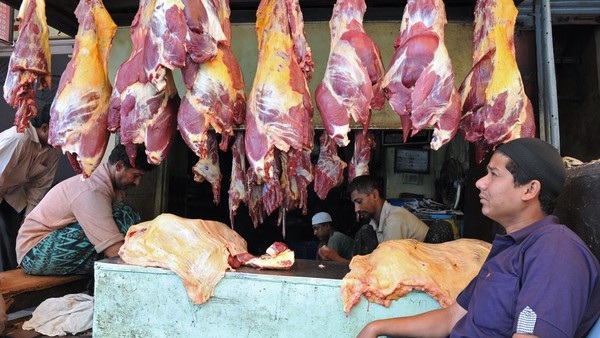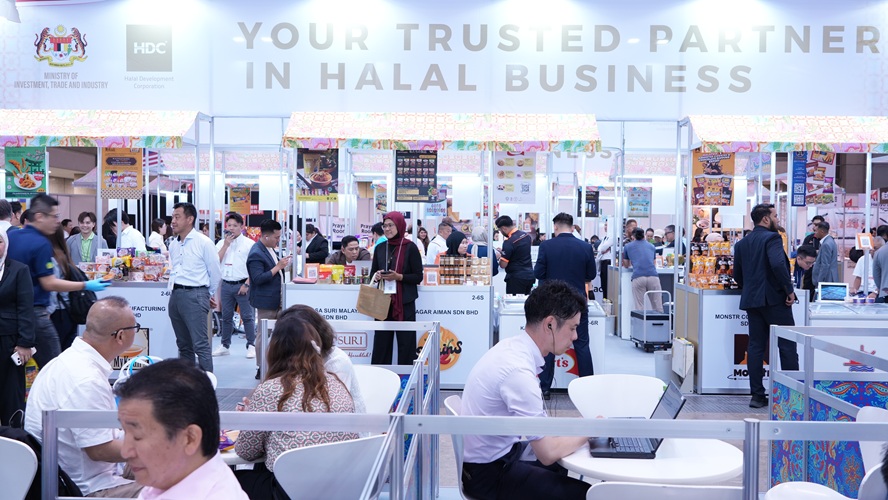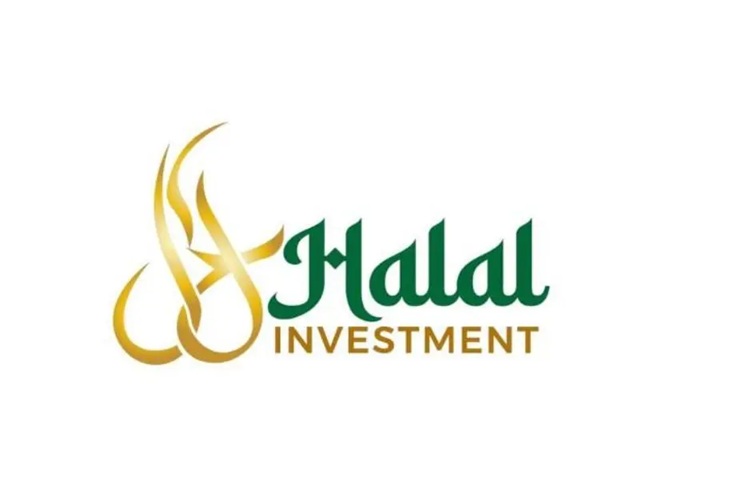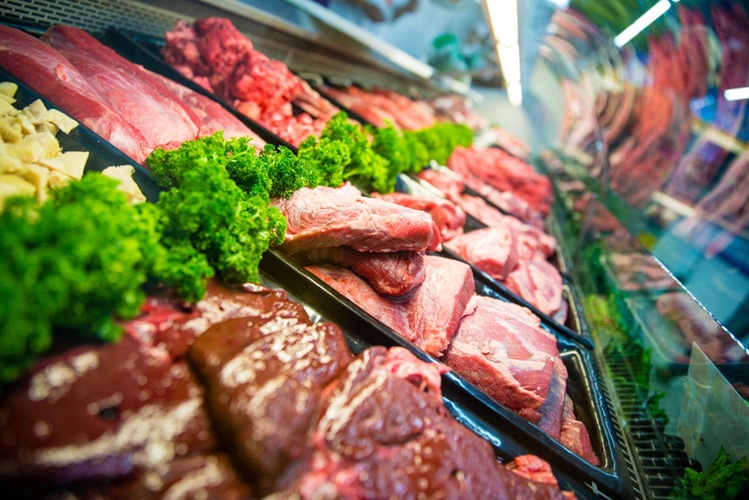Srinagar: The Jammu and Kashmir High Court on Wednesday banned the sale of the beef in the state after hearing a Public Interest Litigation (PIL) against cow slaughter. Justices Dhiraj Singh Thakur and Janak Raj Kotwal issued the order over the PIL filed by advocate Parimoksh Seth. After Maharashtra, J&K is second state where beef has been banned in recent time.
Because of its special status, the state has two penal codes, the Indian Penal Code (IPC) and the Ranbir Penal Code (RPC), both of which have almost all sections in common except for a few.
Under section 298A of the RPC, intentionally killing or slaughtering a cow or like animal (including ox and buffalo) is a cognizable, non-bailable offence punishable with 10 years imprisonment and fine.
Under section 298B, possessing the flesh such an animal is a cognizable, non-bailable offence punishable with imprisonment of one year and fine.
The RPC was enacted in 1862 by the then Dogra maharaja of the state while the IPC also came into force in India the same year.
The high court has reportedly directed the director general police to ensure that appropriate directions are issued to all police official, especially district heads and station head officers (SHOs), to strictly enforce the ban.
On the day of the J&K high court order, the Rajasthan government also ordered a three-day ban on sale of meat during the Jain festival next week. The government issued the order that slaughterhouses as well as meat and fish shops are kept closed on Sep 17 and 18 (for Paryushan, a festival of Shwetambar Jains) and September 27 (for Anant Chaturdashi, celebrated by Digambars).
Just two days ago, the Mumbai municipal corporation in Maharashtra had imposed a four-day ban on sale of meat in the financial capital of India on – Sep 10, 13, 17 and 18. The state passed the Maharashtra Animal Preservation (Amendment) Act in March, banning the slaughter, sale and import of beef.
Interestingly, in all three states – Jammu and Kashmir, Rajasthan and Maharashtra – BJP is in power.
—
With inputs from IANS






0 Comments